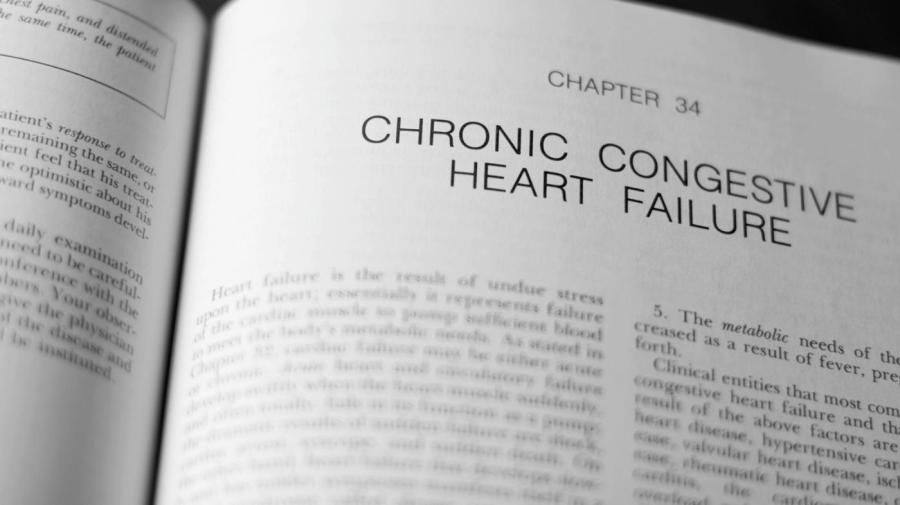What Are the Early Signs of Congestive Heart Failure?

Early signs of congestive heart failure, or CHF, include tiredness, shortness of breath, heart palpitations, and weakness or dizziness. Progression of the disease may result in shortness of breath even at rest, swelling, weight gain, coughing or wheezing, increased need to urinate at night, feeling bloated and nausea, according to WebMD.
CHF results when the heart is unable to circulate blood normally, causing the kidneys to receive less blood and to filter less fluid out through urine. The kidneys may also filter less fluid that builds up in the lungs, liver, around the eyes, and sometimes in the legs, according to the American Heart Association. However, heart failure may also present itself without the building up of fluids, notes Mayo Clinic.
Heart failure is caused by any conditions that damage the heart muscle, such as high blood pressure, heart attack, coronary artery disease, diabetes, congenital heart disease, infection, inflammation of the heart muscle, or drugs and alcohol. Damage to the heart’s valves and problems with the heart’s electrical system may also result in heart failure, according to WebMD.
Lifestyle changes that may prevent CHF include smoking cessation, physical activity, a healthy diet, maintaining a healthy weight, stress management and controlling conditions such as high blood pressure and diabetes, according to Mayo Clinic.





